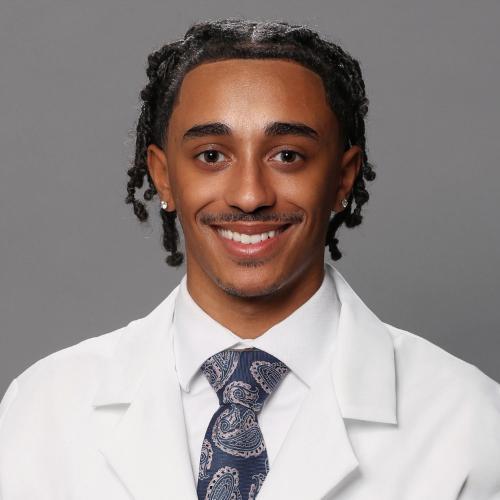Featured News
Every day College of Health Professions students, alumni, faculty and staff do extraordinary things. Read more about our latest achievements below.
VCU Rehabilitation Counseling earns $5.6 million federal grants to strengthen nation’s vocational rehabilitation workforce
Virginia Commonwealth University’s Department of Rehabilitation Counseling has earned six federal awards totaling more than $5.6 million through the U.S. Department of Education’s Rehabilitation Services Administration (RSA), reinforcing its reputation as a national leader in preparing the next generation of rehabilitation professionals. Of the grant total, more than $4 million will go directly to support students in training.


PT graduates prioritize giving back
It’s easy for life to get in the way. Yet three graduates of VCU’s College of Health Professions Physical Therapy program — all in demanding, full-time practice — continue to find ways to give back to the program that helped mold their careers.
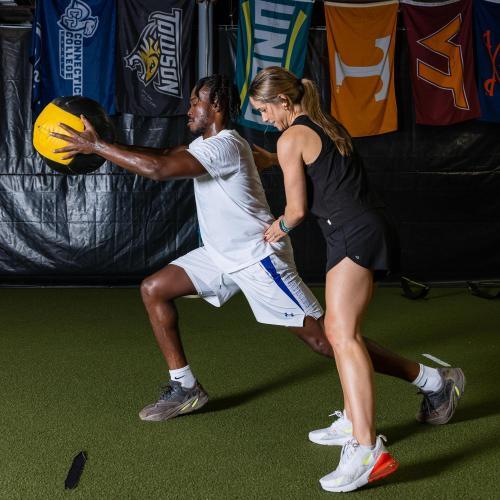

VCU College of Health Professions hosts second annual Rehabilitation Counseling program agency fair
The VCU College of Health Professions (CHP) Department of Rehabilitation Counseling recently hosted its second annual agency fair. Representatives from all over the local Richmond community attended, bringing together a day of connection and professional development.
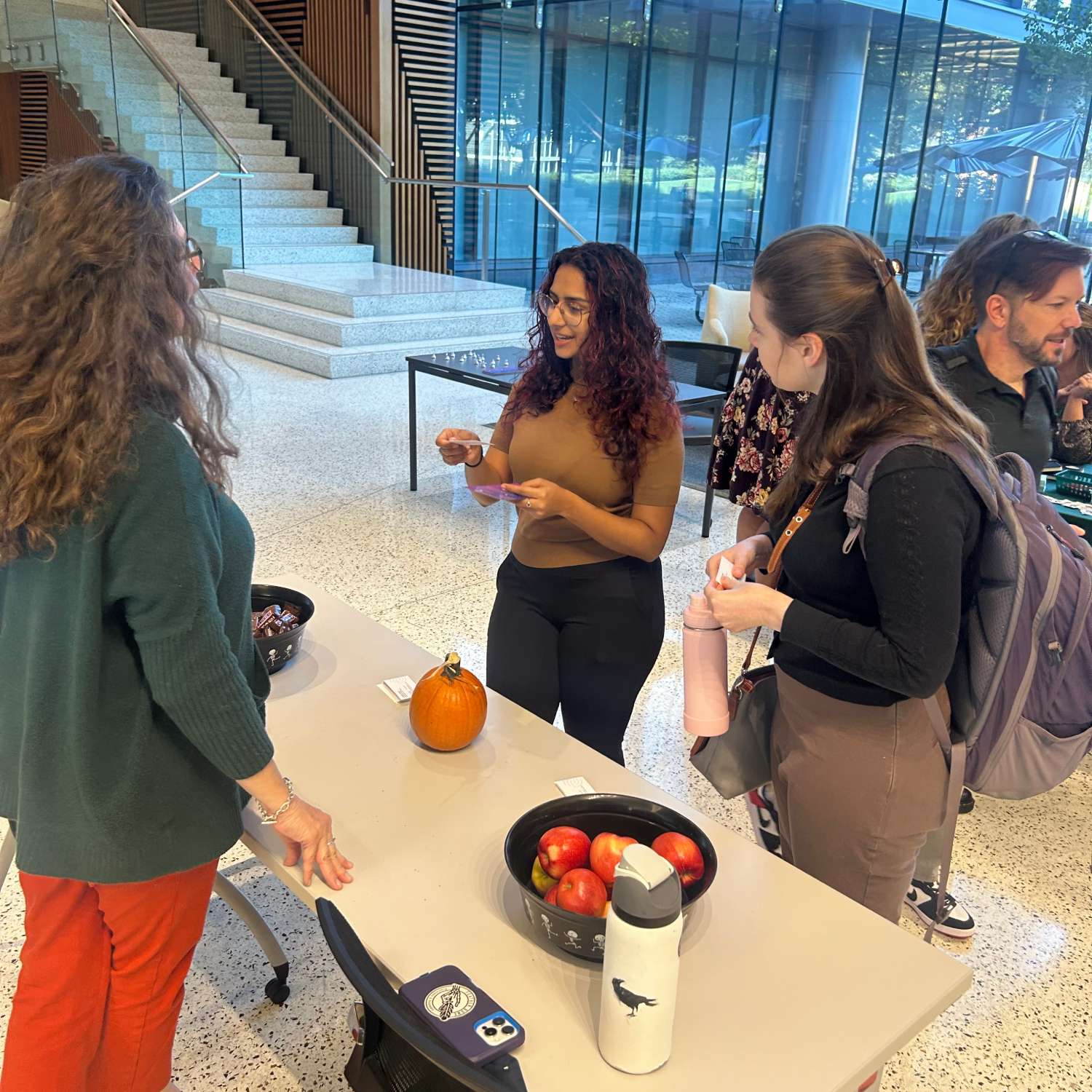

PT alum Fiorante takes ‘beautiful game’ of soccer to new places
For Michael Fiorante, DPT, soccer has always been more than a sport. It’s a language that anyone can speak.


CHP State of the College spotlights research momentum, record retention and new perfusion master’s program
At last month’s College of Health Professions’ State of the College, Dean Amy R. Darragh, Ph.D., OTR/L, outlined robust gains in research, student success and program development, while previewing next steps in strategic planning and budget stewardship.


Elizabeth Seward honored as VCU’s Research Administrator of the Year
Elizabeth Seward of the Virginia Commonwealth University College of Health Professions (CHP) has been named VCU’s 2025 Research Administrator of the Year.
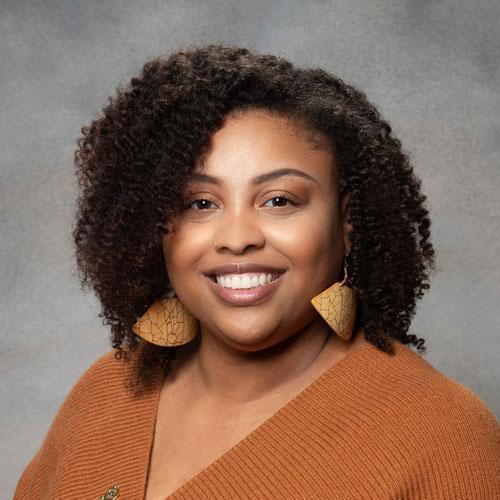

Little Ram Pantries adds locations on MCV Campus
The food-insecurity initiative lets VCU students discreetly access free nonperishable food and toiletries.


Nurse Anesthesia to launch Virginia’s first Cardiac Perfusion program
Next year, the VCU College of Health Professions’ Department of Nurse Anesthesia will launch a graduate program in Cardiovascular Perfusion – the first of its kind in Virginia and one of just 22 nationwide.
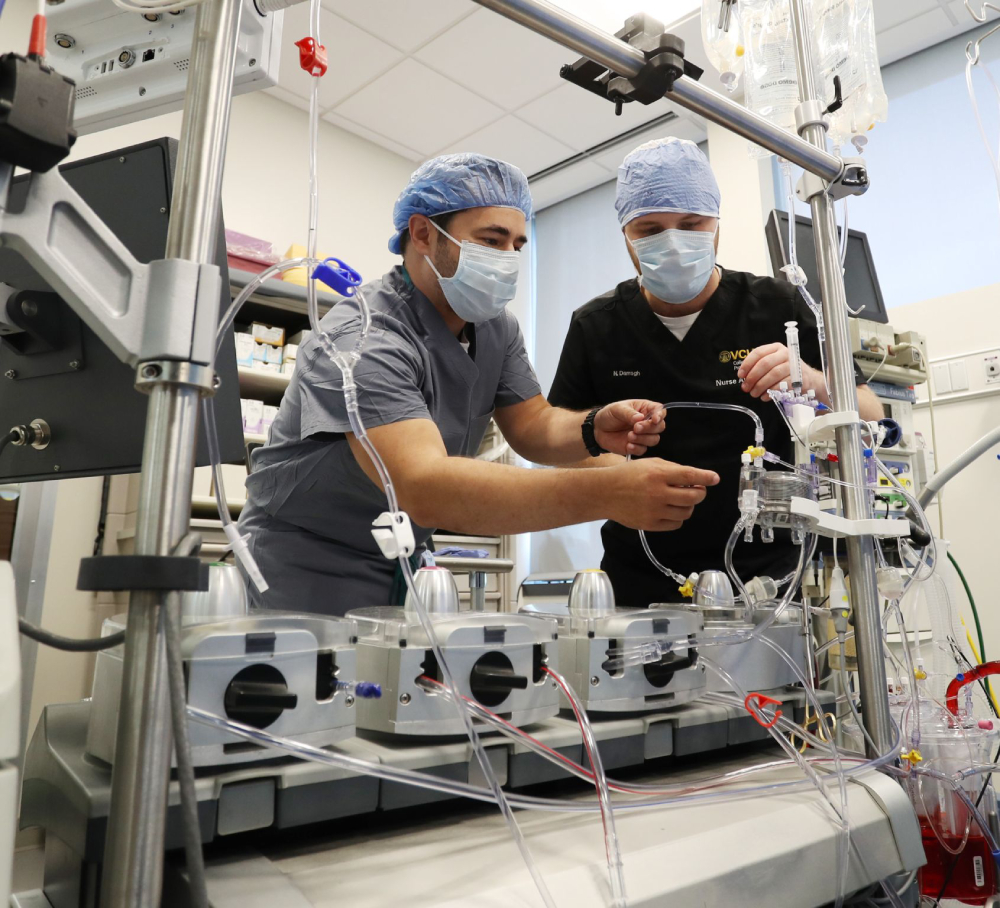

Interim Provost highlights collaboration, research growth in return to VCU
VCU interim provost Beverly J. Warren, Ed.D., Ph.D. visited the VCU College of Health Professions to hold a town hall with faculty and staff, where she praised leaders for its energy and ongoing evolution of its offerings.
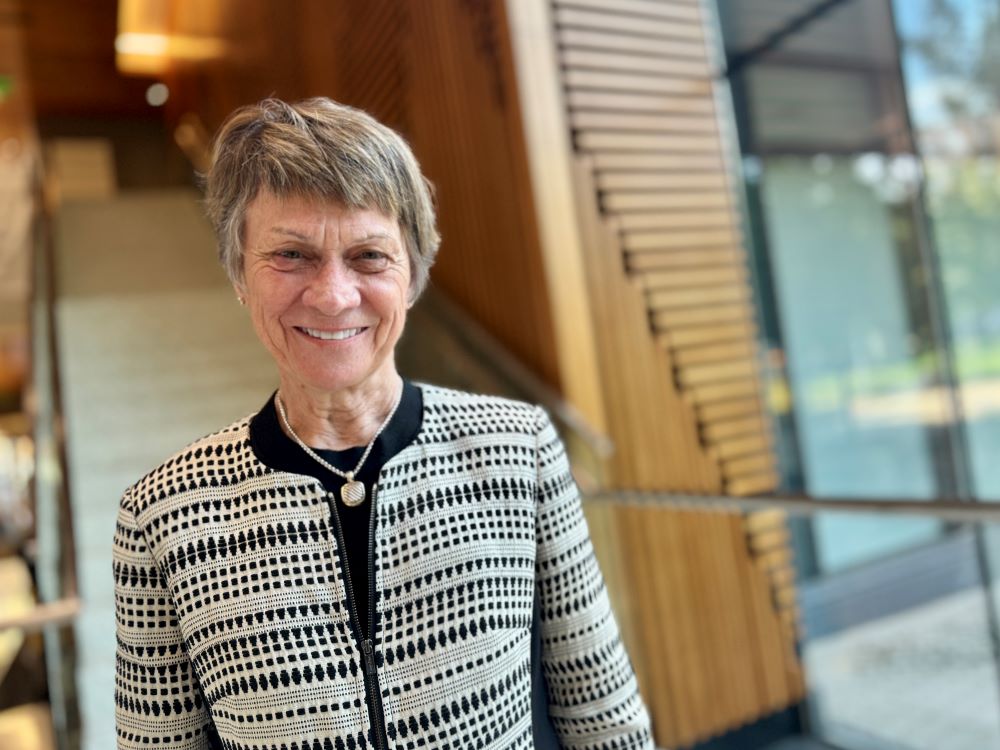

VCU Physical Therapy student honored with National Rizing Tide Scholarship
For first-year Physical Therapy student Zion Segears, earning the Rizing Tide Scholarship is more than just financial support, it’s a stepping stone toward his dream of owning his own physical therapy practice and helping others find healing, just as he once did.
